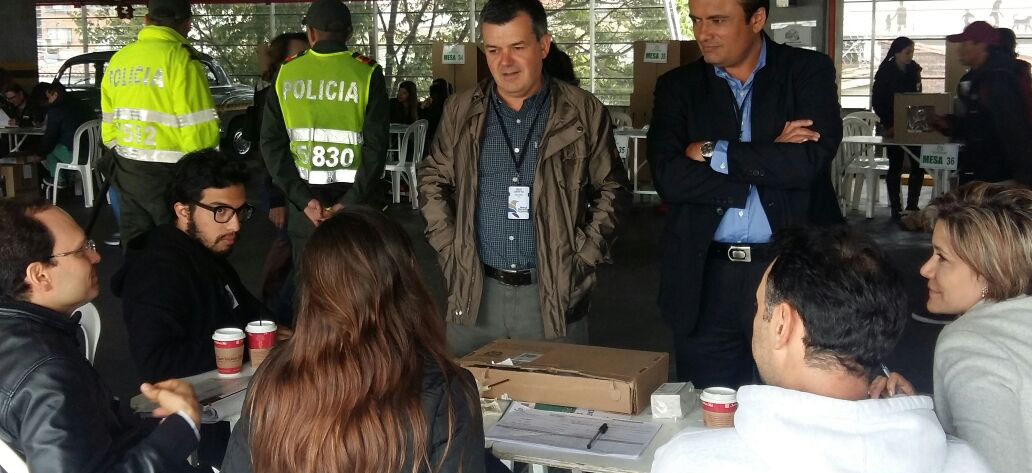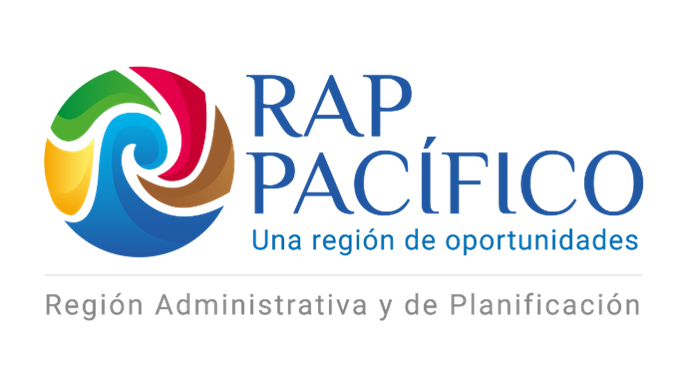ORU Fogar, election observer in Colombia’s plebiscite for Peace

The former President, Paúl Carrasco, and the Secretary General were invited to observe the voting to countersign the peace agreement with FARC
The 2nd of October, 2016 Colombian citizens were called to the polls in order to approve or reject the Peace Agreement between the Government and the Revolutionary Armed Forces of Colombia (FARC). Against all odds, the `No’ option won, cancelling an agreement that was signed in La Habana after four years of negotiations and that was intended to put an end to more than 50 years of armed conflict.
With 60% of abstention, 50.21% of voters rejected the agreement, surpassing by very little the `Yes’ advocates (49.78%). After knowing the citizens’ decision, Colombia’s President, Juan Manuel Santos, accepted the democratic nature of the result and announced his intentions to open talks with the `No´ forces in order to determine the way forward. The leader of FARC, Timochenko, manifested that the guerrilla is determined to maintain its strong will to make peace.
ORU Fogar had the opportunity to be present on such a historic day, thanks to the participation of Paúl Carrasco, former President of the Organization, and Carles Llorens, Secretary General, as electoral observers. Both of them highlighted the great organization of the plebiscite, both in the polling stations and in the facility for the electoral observation process. They also praised the openness in the speeches of the speakers at the event held for international observers.
One month after the plebiscite, the negotiations with the opponents to reach political understandings are still ongoing. After the elections, Santos opened up a period to receive proposals from all sectors, with the main objective of reaching a new agreement incorporating the claims of those pushing for the `No´- lead by the former President Álvaro Uribe-. If the agreement is amended, the Nobel Peace Prize could call for another plebiscite.







































































